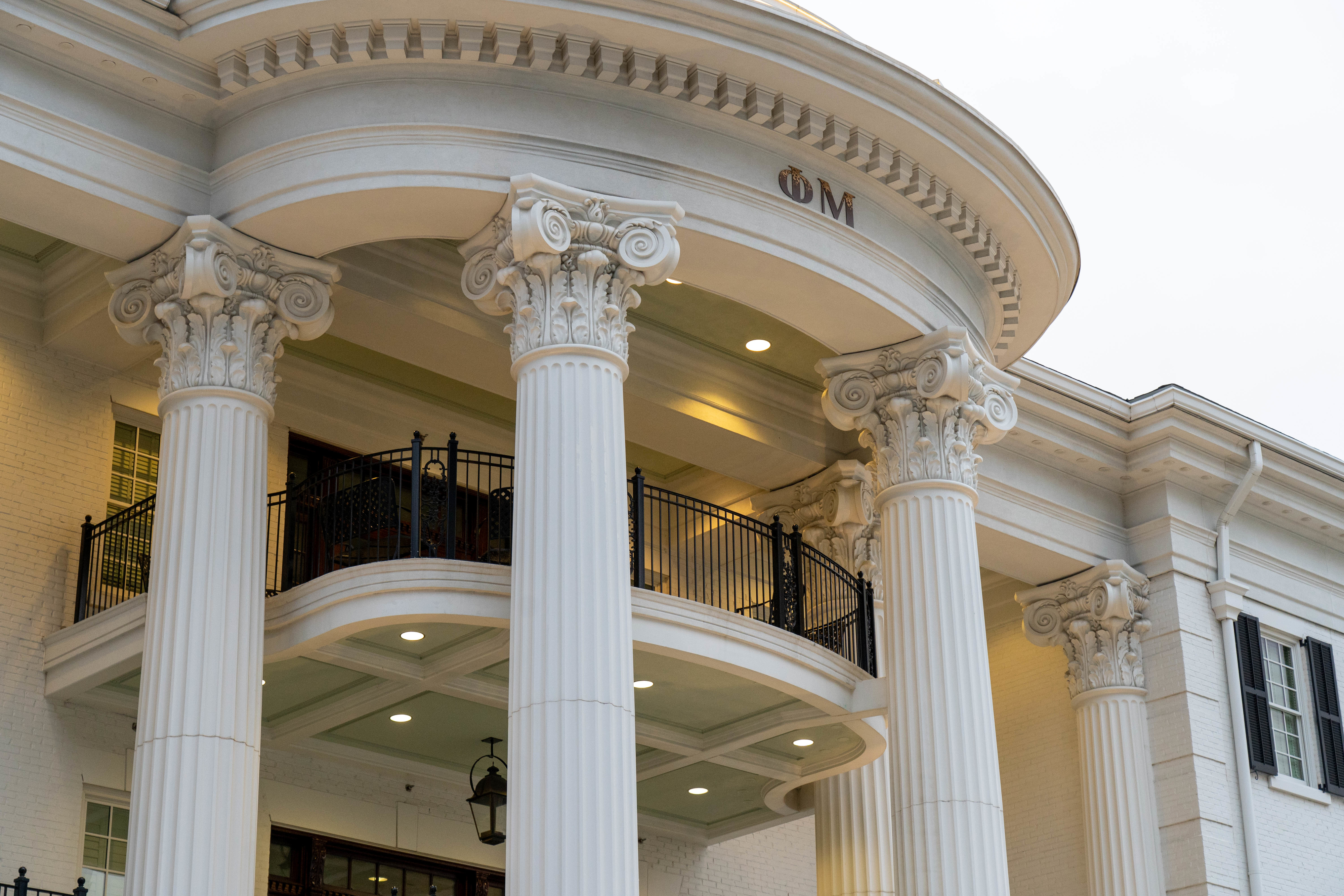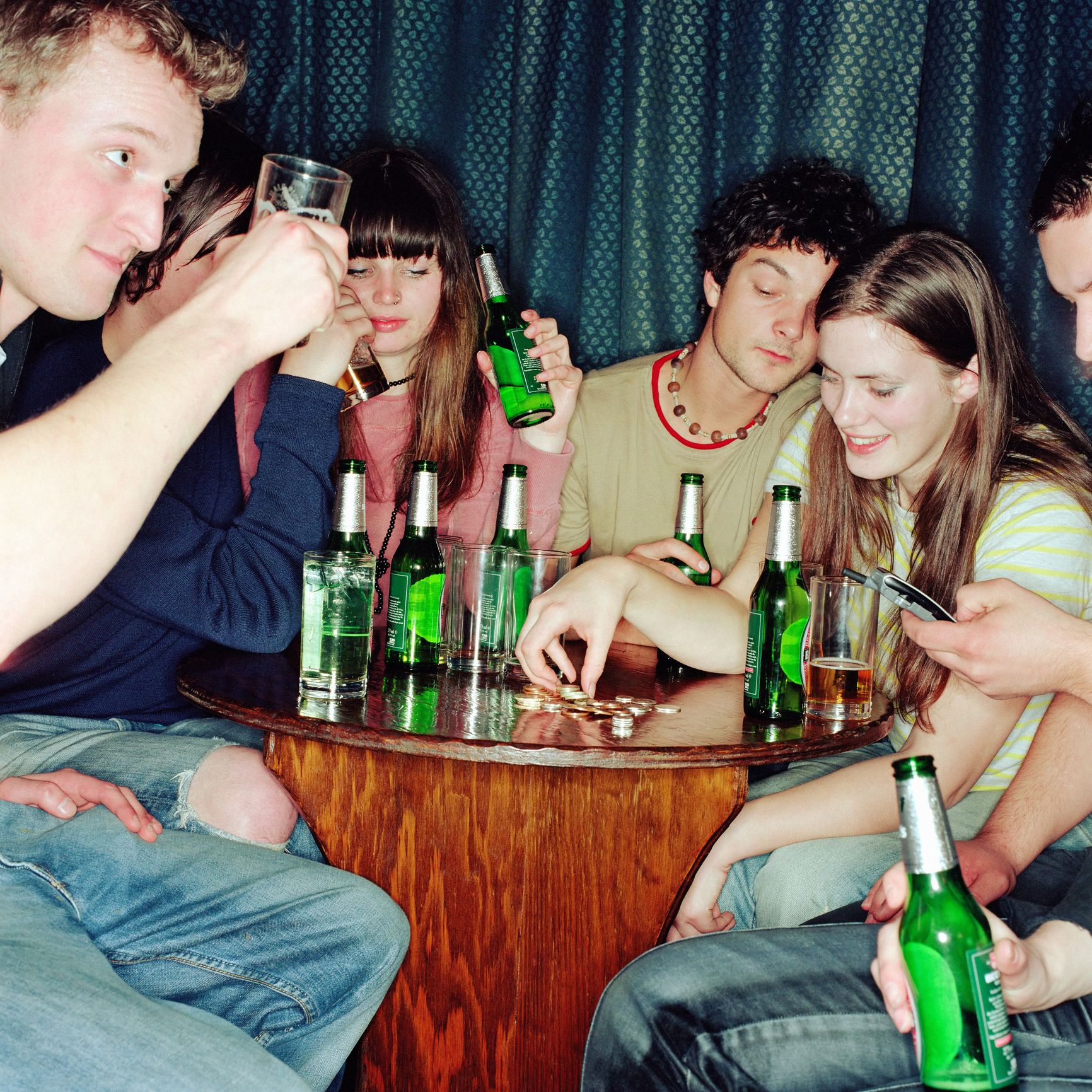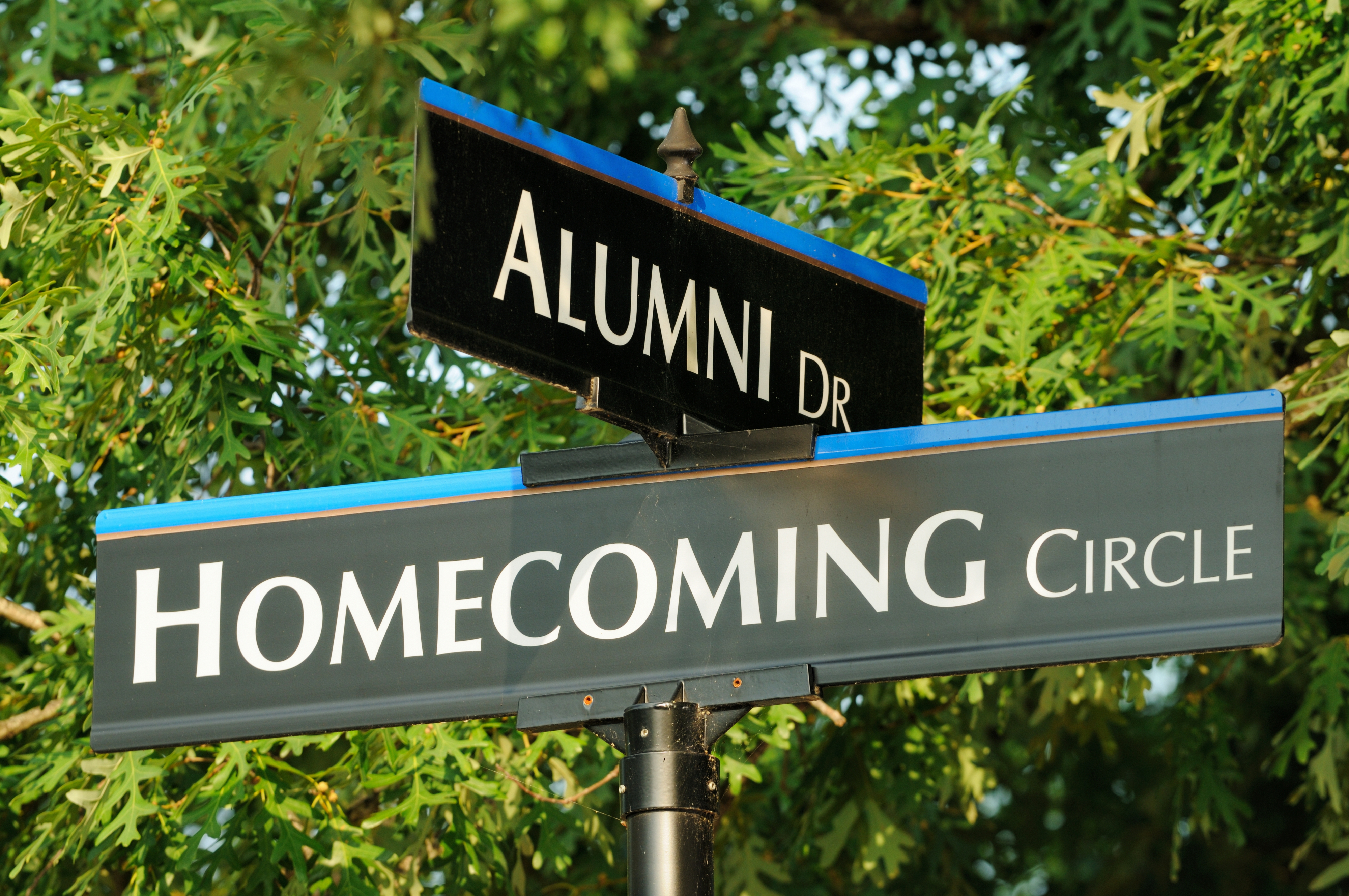" I ’ve studied in the UK , US , and MX with professors of every nationality , and the dependable ones , legal community none , have been Americans . "
Going to college for the first time is a massive culture shock for anyone. The newfound freedom, independence, and ‘adult’ status are enough to make your head whirl as a domestic student. So, I can’t imagine how difficult all of that could be for an international student.
A little bit ago, Iaskedthe non-Americans of theBuzzFeed Communitywho attended college in the US to share their culture shock experiences, and here’s what they had to say:
Note : Not all responses are from the BuzzFeed Community . Some are from : this Reddit threadandthis Reddit ribbon .
1.“The biggest culture shock was just how positive American culture is. People are much more optimistic. If you say you’ve achieved something or are attempting to achieve something, people get excited and want to boost you up, not be pessimistic and tear you down like in Britain. Even complete strangers will get happy and excited if you say you’re trying to strive for some goal.”
2.“I’m from Germany, and I studied abroad in California. For me, there were two things. Number one was how big the sport culture really is. You see it in movies, but if you’ve never experienced it, you don’t understand.”
" Number two was a small scarier . We had an incident where someone saw someone with a throttle on campus . There was an alarm for everyone to shelter in place . It turned out to be fine , and nothing happened , but the saturated panic you feel , especially coming from a country where guns are n’t an issue , was just mad . After that , I sat in a fate of lectures , thinking about what I would do and how I could get away if someone get shooting . "
— candyheyn
3.“That sororities and fraternities are real. You see it on TV and online, but it doesn’t nearly compare to what it’s like for the whole school year in real life.”
4.“The relationship between university students and professors is more casual. You still address them as Professor or Doctor. But they tend to be more approachable and easier to talk to. Of course, there are always a few who are dicks or think they are too important to talk to you. But most of them are super helpful.”
— uracil / morto00x
5.“GPAs. We didn’t have these growing up in a few Latin American countries. It took me some time to figure out that taking easy electives would help increase my GPA. I wish I’d known this from the get-go. I would’ve signed up for a Spanish minor instead of a German minor. Those classes would’ve been an easy A.”
6.“The fact that I can create my own schedule each semester and that not everyone who has the same major necessarily studies the same set of courses. I did my MBA in Tampa, and I was amazed by how, apart from the foundation courses, I had a few class options to choose from each semester to complete my major.”
" For each stratum , I could also record about the prof and choose the metre slot that best works for me and recruit found on that . In India , we all have the same schedule , same lot of classes at the same time everyday and we all graduate at the same class unless we flunk our exams . "
— Anonymous
7.“I grew up in Guatemala, and like the rest of the world, the drinking age is 18. Most people start at a younger age, so it is not a big deal to drink alcohol where I grew up. I moved to the US when I was 18 for college and was surprised at all the childish things other students did to sneak in alcohol, but also how drunk they would get as well.”
8.“As you might know, there are a lot of Chinese students in US colleges, and they often form their own social bubbles (my friend studying at another college with a huge portion of Chinese students said she’s been speaking Chinese most of the time outside of classes).”
" I intentionally quash that and mostly pay heed out with American multitude on campus . After the first few months , I still feel like the ways we think do n’t ' click . ' I ’m always scared of saying stuff and nonsense related to political relation , faith , race , sexual activity , and disability for veneration of infract mass . Take sex as an model . On one side , Americans seem to be a wad more serious about sexual torment , but also a draw more sexually blunt towards each other , making me disordered about the middle ground I should be on . "
— u/_SilentTiger
9.“College Homecoming parades and all of the events. I couldn’t believe how many people showed up at my already packed campus. There were people coming for homecoming that graduated 20+ years ago!”
10.“I went to drama school, and the biggest culture shocks were how friendly and willing to talk to strangers Americans are, the amount of processed ingredients in basic foodstuffs like bread or orange juice, and I know it’s a cliche, but the toilets are very different!”
— thehallouminati
11.“The professors are damn helpful; they actually want to see you succeed, and if you go the extra mile, they’ll go there with you. I’ve studied in the UK, US, and MX with professors of every nationality, and the best ones, bar none, have been Americans. Second place goes to Mexico, and then Europe.”
12.“I went to a public university in Mexico for my bachelor’s and an Ivy League school for my graduate degree. The concept of ‘office hours,’ the idea that professors had protected time to talk to the students about the material in class, was unfathomable to me.”
" I was used to classes in which the staff - to - scholarly person ratio was 1:200 . How the professors answered their emails in like 30 seconds and how approachable they were in general was awesome . In Mexico , it would take a workweek just to make an appointment with one of my professors . "
— u / kikrmty
And finally, this person shared their experience with finding it very difficult to understand American taboos:
13.“Acculturation! It’s surprisingly complicated. I completed my undergrad in the States and didn’t face any problems because I am not a social person. However, in grad school, where we have to socialize with peers, things became much more difficult and sometimes got me in trouble too. Things that are ‘okay’ and normal in my home country are considered taboo and stigmatized in the US.”
Note : response have been edited for length and/or clarity .







